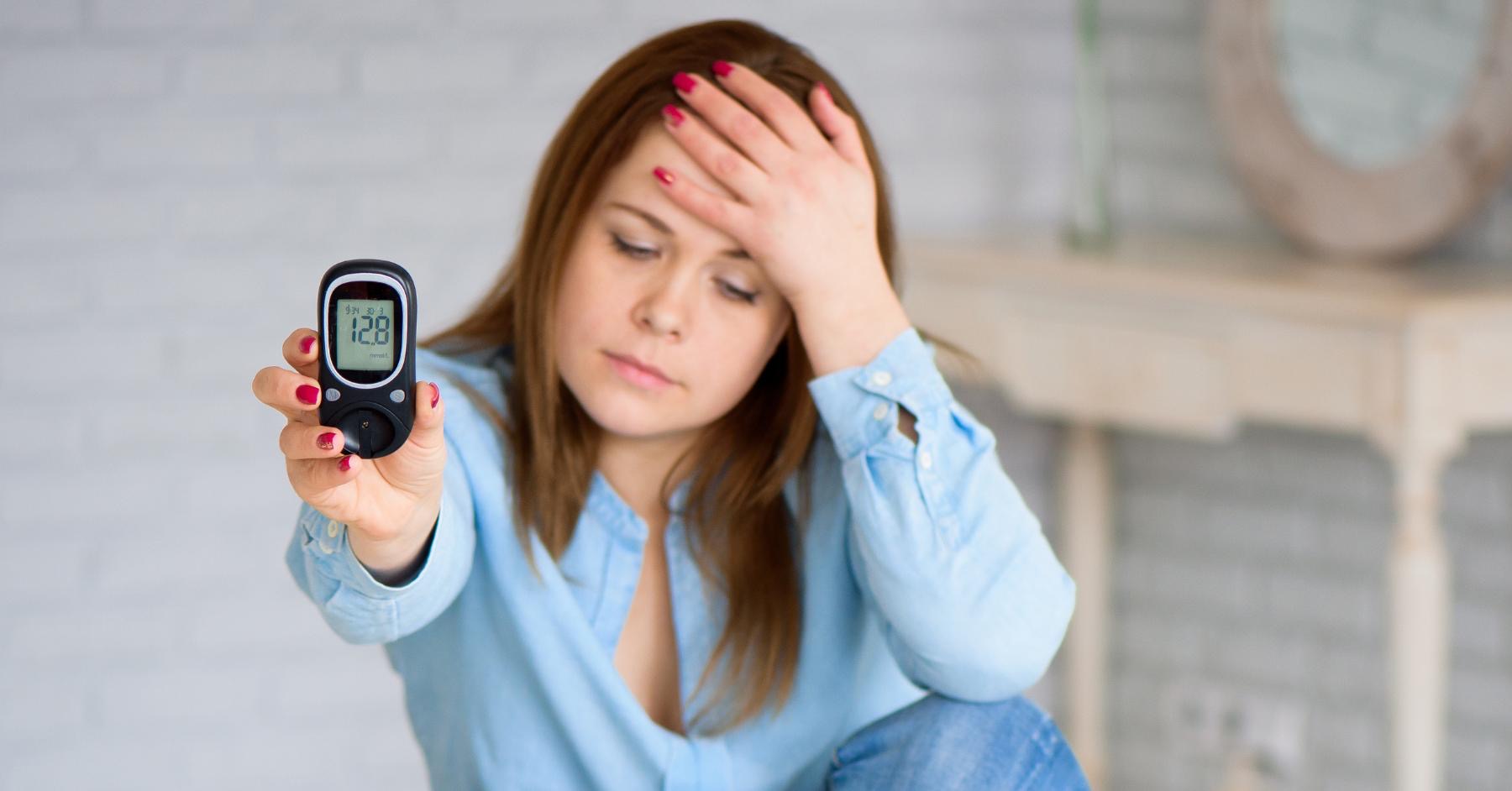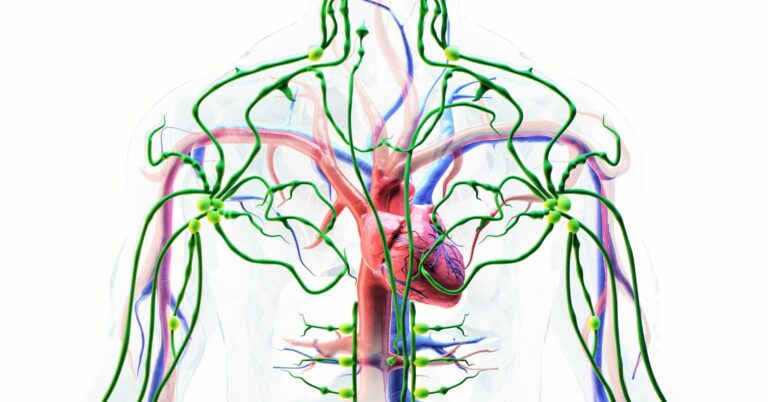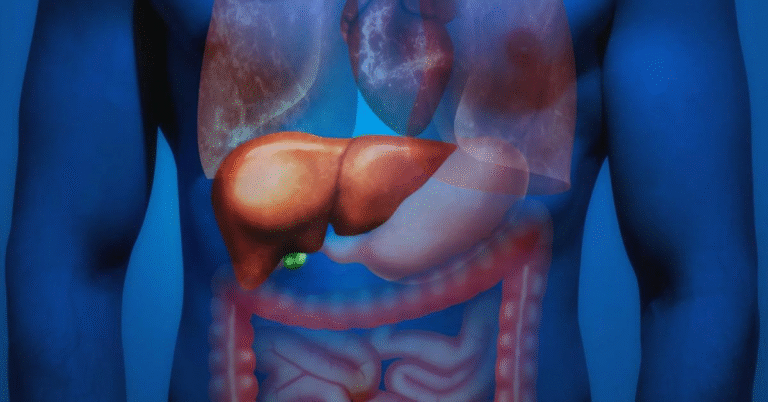The Blood Sugar–Anxiety Connection No One Talks About
Even though you’re eating healthily (for the most part), exercising, and making an effort to manage your stress, anxiety can still strike suddenly. What if your blood sugar is the real culprit, rather than just your workload or hormonal fluctuations? Emerging research shows a strong correlation between blood sugar fluctuations and anxiety symptoms, ranging from irritability and racing thoughts to full-blown panic attacks, although the majority of blood sugar discussions center on diabetes or weight gain. Here’s what experts have to say about this little-known link and how controlling your blood sugar levels may be the secret to calming your nervous system.
Blood Sugar and Anxiety: What’s the Link?
For optimal operation, your brain needs a consistent flow of glucose. Insulin takes over to lower blood sugar levels when they rise, such as after a sugary breakfast. However, occasionally it falls too low, particularly in those with reactive hypoglycemia or insulin sensitivity, and the brain interprets this as a danger. According to holistic psychiatrist Dr. Ellen Vora, MD, author of The Anatomy of Anxiety, “the body reacts with a fight-or-flight reaction when blood sugar crashes.” This results in symptoms like sweating, palpitations, shakiness, and yes, anxiety. Even when you are merely at your desk, your body perceives danger.
What the Research Says About Blood Sugar and Mental Health
A growing number of studies confirm the biological and psychological effects of blood sugar instability:
- A 2019 review in Frontiers in Neuroscience found that hypoglycemia (low blood sugar) can trigger symptoms like confusion, nervousness, and even aggression due to how the brain responds to glucose shortages.
- According to the National Institutes of Health (NIH), fluctuations in glucose levels have been associated with increased symptoms of anxiety and depression especially in women and individuals with metabolic conditions.
- A 2021 study published in Nutrients found that blood sugar dysregulation worsens mood instability and increases the risk of both generalized anxiety disorder and panic disorder in adults.
These findings suggest that stabilizing glucose levels may play an important role in emotional regulation and mental health something many doctors are only beginning to explore in depth.
Public Health Impact: Why This Matters More Than Ever
The Anxiety & Depression Association of America (ADAA) estimates that over 40 million adults in the United States suffer from anxiety disorders. In addition, blood sugar abnormalities whether brought on by insulin resistance, poor diet, or ongoing stress—are becoming more prevalent, particularly in young women. According to Dr. Brooke Scheller, DCN, CNS, a functional medicine physician and clinical nutritionist, “a lot of people are walking around with undiagnosed blood sugar issues that are presenting as mood disorders.” “Metabolic health must be included in the discussion of mental health.” For people with diseases like PCOS, prediabetes, or thyroid disorders, where hormonal and metabolic imbalances frequently coexist and intensify anxiety symptoms, this link is especially important.
How to Balance Blood Sugar and Calm Your Mind
The good news? You don’t need to overhaul your life—just make a few targeted changes to support steadier glucose levels throughout the day.
1. Start the Day with Protein and Healthy Fats
Skip the carb-heavy breakfast. Instead, opt for eggs, avocado, chia pudding, or a protein smoothie to prevent a mid-morning crash. Why it works: A balanced breakfast stabilizes glucose and cortisol, preventing anxiety spikes before noon.
2. Pair Carbs with Fiber, Fat, or Protein
Never eat carbs alone. Add nut butter to fruit, or hummus with crackers to slow sugar absorption and reduce spikes. Why it works: This helps avoid the rapid sugar highs and lows that trigger nervous system dysregulation.
3. Eat Every 3–4 Hours (But Mindfully)
Intermittent fasting can be helpful for some, but not if you’re prone to anxiety or hypoglycemia. Small, consistent meals keep blood sugar stable. Why it works: Prevents cortisol surges from hunger-related stress.
4. Walk After Meals
Just 10–15 minutes of light walking after a meal can help blunt blood sugar spikes. Why it works: Physical activity improves insulin sensitivity and calms the body.
5. Limit Added Sugars and Ultra-Processed Foods
These cause sharp glucose spikes followed by equally sharp crashes—fueling both brain fog and anxiety. Check CDC guidelines on added sugar
6. Supplement Smartly
Some studies suggest magnesium, chromium, and omega-3s may support both blood sugar regulation and anxiety reduction. Speak to your doctor before starting any new supplement.
Your Anxiety Might Not Be “Just Mental”
It’s important to look beyond stress or emotions if you’ve been dealing with unexplained anxiety, particularly if it seems to come in waves or gets worse after certain meals. The missing piece in your mental health journey may be balancing your blood sugar, which may be an invisible trigger. “What did you eat today?” is one of the first questions I ask anxious patients as a psychiatrist, Dr. Vora says. “Because the nervous system can finally rest when blood sugar is stable.” Consult an endocrinologist or mental health professional if symptoms worsen or continue. A strong, all-encompassing route to long-term relief may be provided by combining medical treatment with dietary and lifestyle modifications.
Check out the healthlynic ✔️approved range of products for Weight Loss, Improve metabolism and much more!







